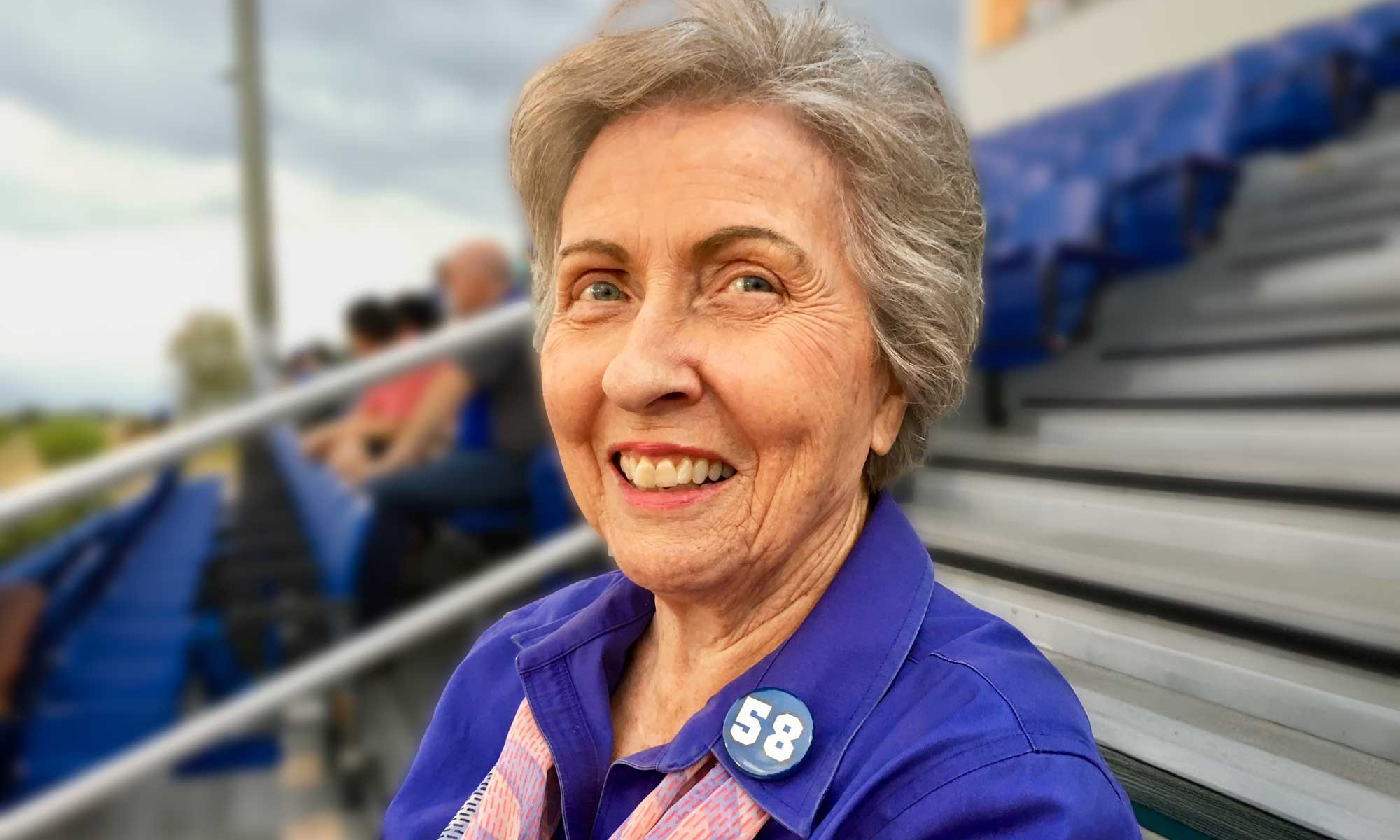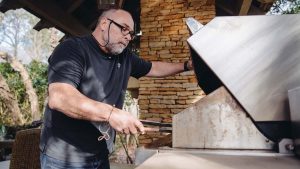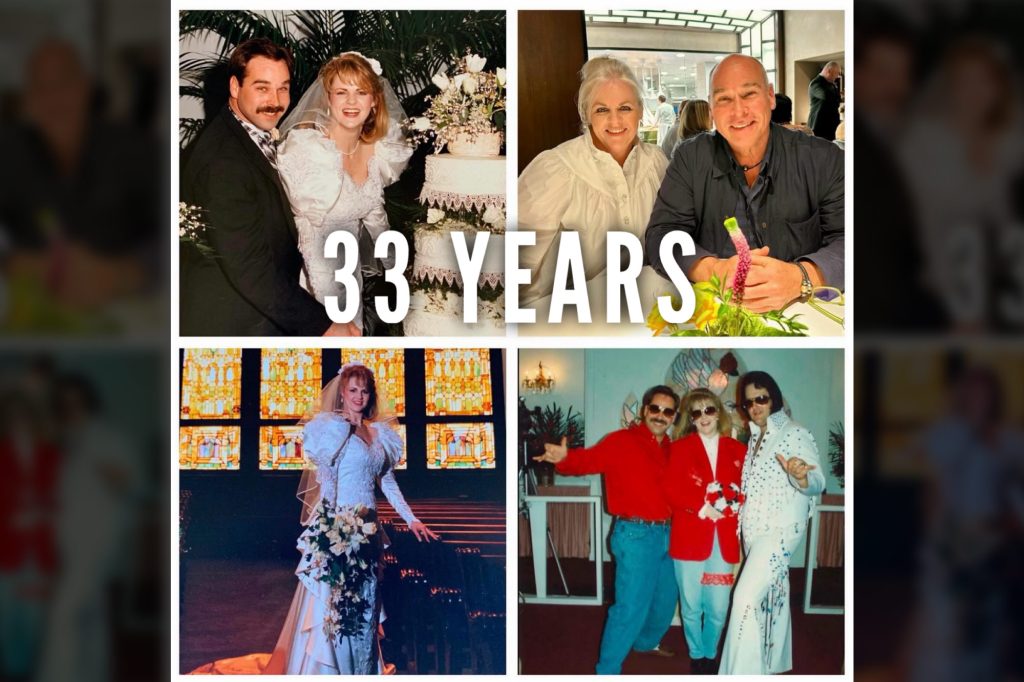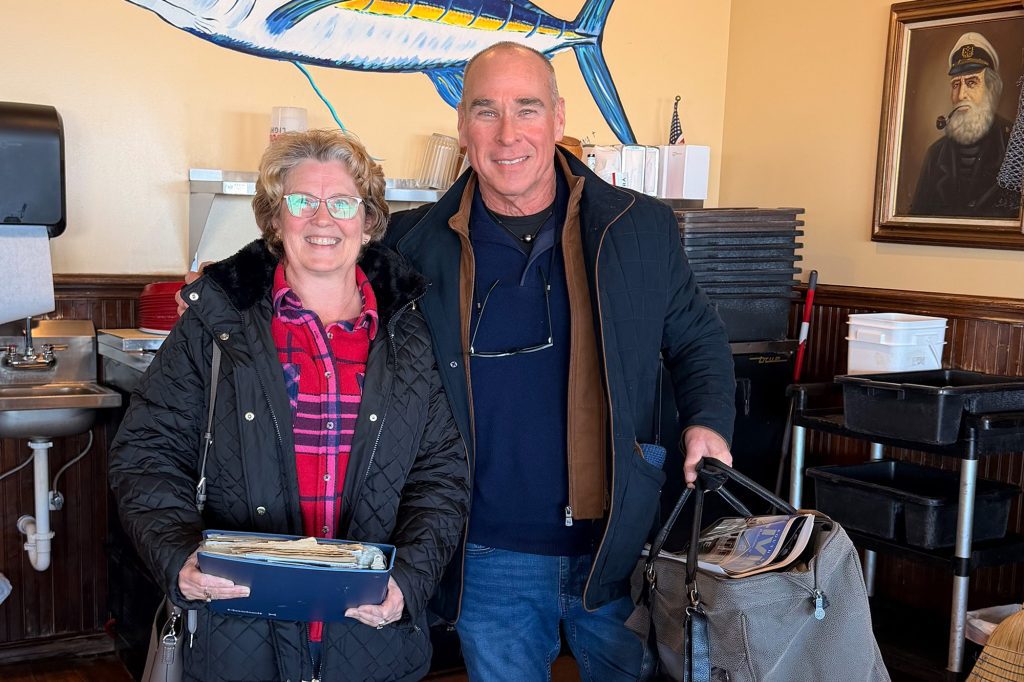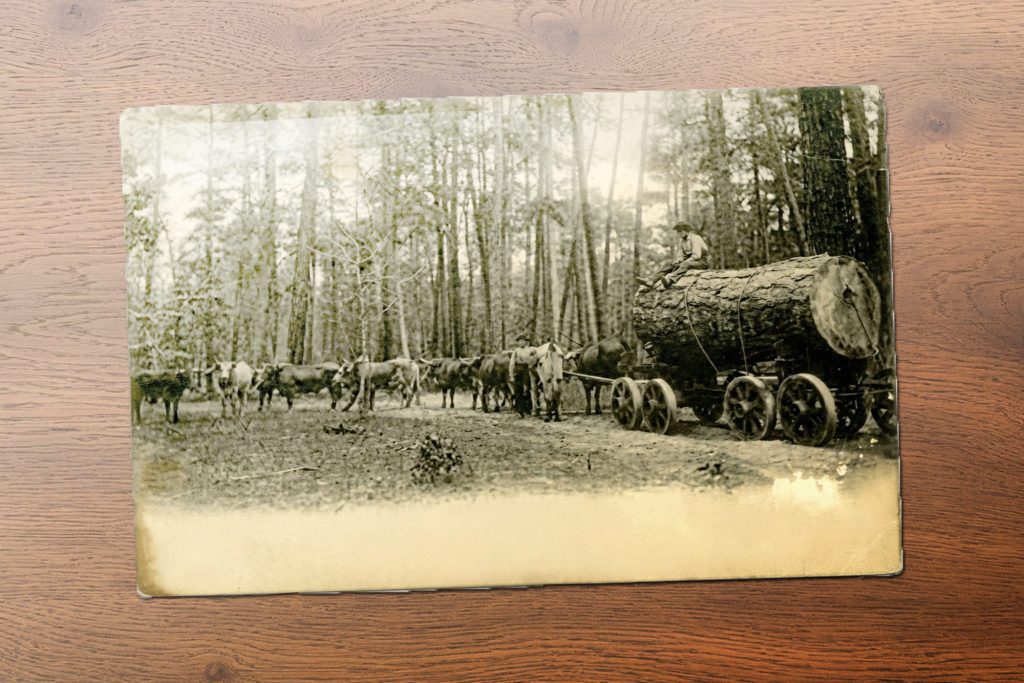It’s a strange position to be asked to write an obituary for your mother. It was something I dreaded for several weeks. She passed away while I was working out of the country, and I tabled it for a few weeks. Finally, on the flight home, in an environment without distractions, I started, and finished, it. On the drive home from the airport, it hit me that— in 63 years— I had never entered these city limits without my mom living here.
I have written this weekly column for well over 25 years, 1,000 words every week, never missing a week. That’s somewhere over 1,300,000 words in print (not counting books and magazine articles). This is a first. And a last. Thanks in advance for allowing me this one-time personal indulgence.
Virginia White St. John, known to everyone as “Dinny”—with an “i,” not an “e” (because she had no patience for comparisons to the chain breakfast restaurant)—lived a life as colorful and determined as the art she created. Born on August 10, 1933, in Nashville, Tennessee, she spent her childhood in Nashville, Danville, Kentucky, and Macon, Georgia, where she graduated high school. Her college years took her to the University of Georgia and later Vanderbilt University, where she met her husband, Hattiesburg’s own Lawrence Holleman St. John.
Dinny adored her parents, Hugh Couch White, “Bud,” and Hazelle Summit White, “Muz,” who instilled in her a deep love for faith, family, and a steadfast work ethic. Her father’s steady presence and her mother’s creative spirit shaped the determined, resourceful woman she became. She shared a special bond with her brother, Hugh Couch White Jr., who preceded her in death. Together, they developed a shared passion for Early American antiques—perhaps best described as an “obsessive reverence.” The memories of her childhood, guided by her parents’ wisdom and warmth, remained cornerstones of her life.
Dinny wore many hats in her 91 years: mom, grandmother, great-grandmother, loyal friend, teacher, artist, and—let’s be honest— “neighborhood enforcer.” She never hesitated to speak her mind with a clarity that could carve stone. Family, friends, students, and even a few unsuspecting strangers learned quickly that if you asked Dinny’s opinion, you’d better be ready for the truth. Her two sons, Drew and Robert, knew exactly where they stood with her. Tough love? Absolutely. She once gave Robert multiple “Ds” over multiple semesters in art class just to prove a point. Earned? Probably. Effective? Without question.
When her husband passed away in 1968, Dinny became a single mother at a time when such a role carried little support or recognition. Undeterred, she transformed an upstairs storage room into an art studio, teaching lessons to make ends meet. She went back to school, earning both a BA and MA from the University of Southern Mississippi, then embarked on a teaching career that spanned 50 years, finally retiring at age 80. Her resilience and ingenuity defined her life.
In 1971, Dinny made a bold move: she purchased a fish camp. With a mere $13,000 she purchased a lot, a mobile home, a bass boat, and a motor and trailer. It wasn’t much, but to her sons, it was paradise. There, she taught them to fish, crab, and ski while creating a haven where they never felt the absence of a father. The fish camp wasn’t just a retreat; it was a testament to her determination and resourcefulness.
Dinny’s work ethic wasn’t just something she talked about; she lived it. She expected the same from her sons. Rain wasn’t an excuse for Drew to skip delivering newspapers, nor was it a reason to avoid the six-mile bike ride to his job at the Hattiesburg American. She could have given him a ride, but she didn’t. “If you agree to do the work, you do the work,” she’d say. “No rides. No excuses.” It’s a lesson Drew still carries with him today.
Her love for history and antiques was as fierce as her determination. As a proud member of the National Society of Colonial Dames of America for over 60 years, she revered Williamsburg, Virginia, with a devotion others might reserve for holy sites. To Dinny, 18th-century history wasn’t just a passion—it was practically a lifestyle. Her sons often joked that if heaven didn’t have proper colonial architecture, she’d find a way to build it herself, complete with brick chimneys, shuttered windows, and a blacksmith shop with a perfectly symmetrical facade. The angels might as well start wearing powdered wigs and tri-cornered hats, because Dinny wouldn’t have it any other way.
Dinny wasn’t all grit; she had her moments of unintended hilarity. She was the self-appointed neighborhood policewoman, often stopping the car to scold kids playing in the street—or their front yards—if something seemed out of line. Her mortified sons would duck into the back seat, praying no one recognized them. She also dragged them to every art show within a two-state radius. “One day, you’ll thank me,” she’d say. And, of course, she was right.
Her reverence for Emily Post rivaled her devotion to scripture. Dinny firmly believed there were two kinds of people in the world: those who passed the salt and pepper properly and those who needed immediate correction. Napkins on laps, chairs pulled out, and impeccable table manners weren’t optional in her household—they were non-negotiable. Her sons quickly learned that etiquette was not a suggestion but a mandate.
Dinny also packed an extraordinary amount into her life, even when others might have slowed down. She retired at 80—begrudgingly—and only because her memory was failing. Even then, retirement simply meant shifting gears. She continued painting, advising, and critiquing her sons’ decisions with the same determination she’d shown in the classroom.
Her talents were as varied as her roles. She taught art for over five decades, influencing generations of students. At home, she painted not just on canvases but on life itself, shaping her family with a steady hand, vibrant colors, and the occasional sharp edge when needed.
To her five grandchildren, she was “Din Din,” a grandmother as creative as she was commanding. Her six great-grandchildren will grow up hearing stories of her determination, humor, and unyielding love for family and antiques. For Dinny, love wasn’t just a feeling; it was an action—a legacy of sacrifice, creativity, and strength.
Dinny lived a life that was a true masterpiece. Her family is deeply grateful for the friends and neighbors who helped her raise her sons, the pastors at Main Street United Methodist Church who patiently endured her strong opinions, and the countless students who still approach our family to share how much of an impact she made as a teacher. Dinny’s life was a portrait of grit and grace, painted with purpose and love. Her legacy of strength and service is one her descendants will always cherish.
The family asks that in lieu of flowers, you honor Dinny by teaching a child something meaningful. Show them how to bait a hook, paint with purpose, or set the table with napkins in their lap. Teach them to stand when someone approaches, open doors, pull out chairs, and pass a knife properly—serrated edge down, as Dinny would insist. But above all, teach them the value of hard work. By doing so, you’ll carry forward the legacy of a woman who lived with resilience, purpose, and unconditional love. And if you feel so led, make a donation to Main Street United Methodist Church, a place she cherished and served for decades.
Dinny St. John lived to make the world around her more beautiful, whether through her art, her teachings, or her steadfast care for her family. Rest easy, Dinny, Din-Din, Mom, knowing your work here is done and done well. You were deeply loved and will be profoundly missed.
“Well done, thy good and faithful servant.”
For anyone interested, services will be held November 30th at Main Street United Methodist Church in Hattiesburg. Visitation 1:30-3pm in the Fellowship Hall. Main service immediately following in the sanctuary.
